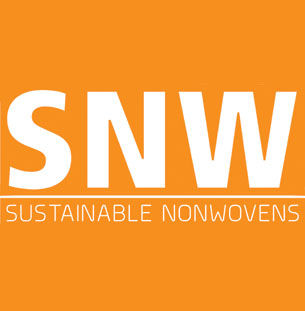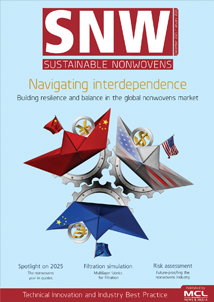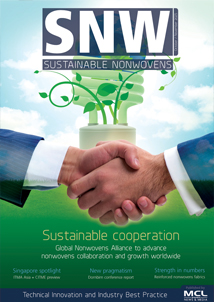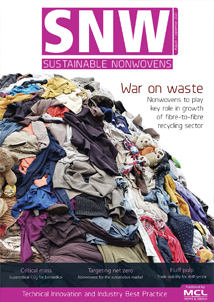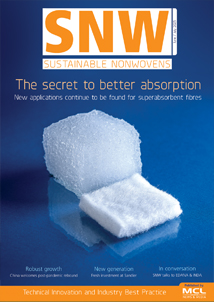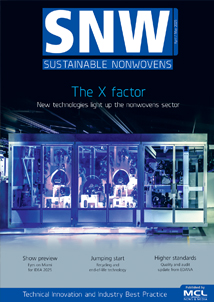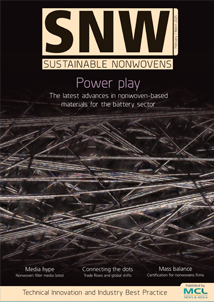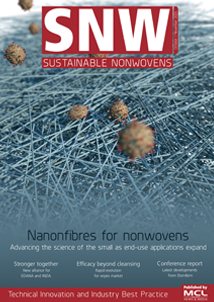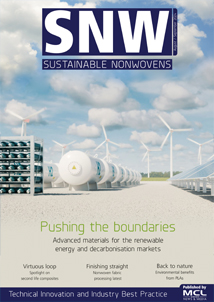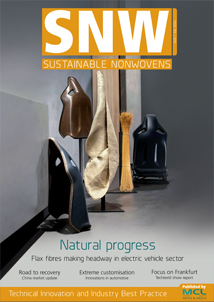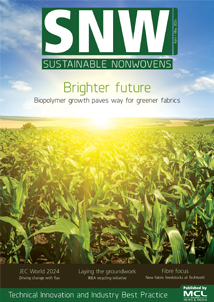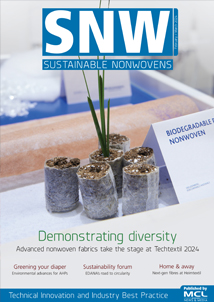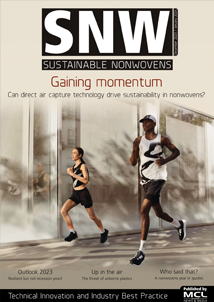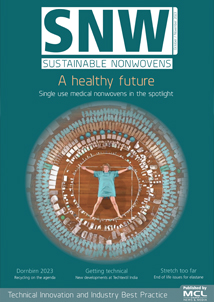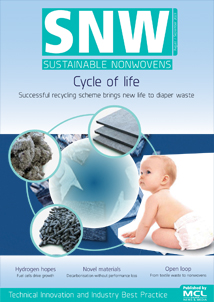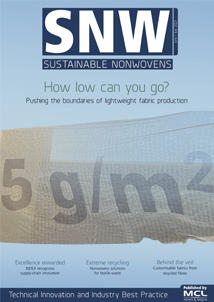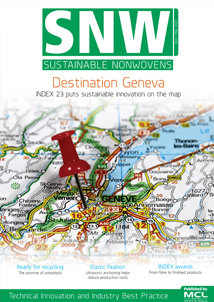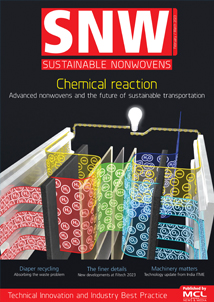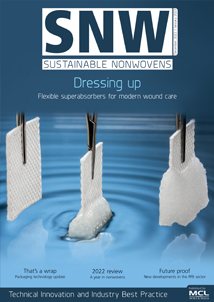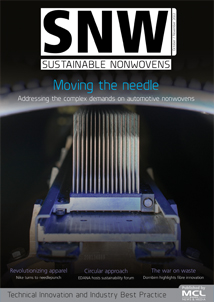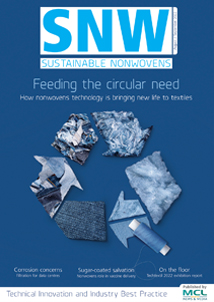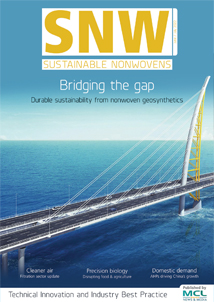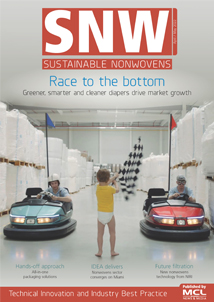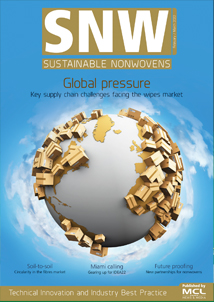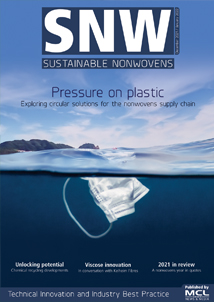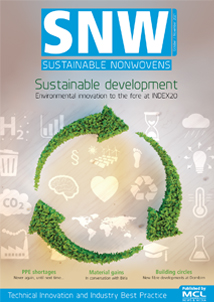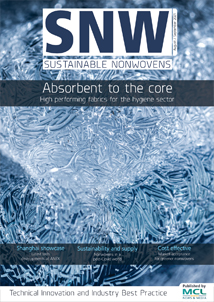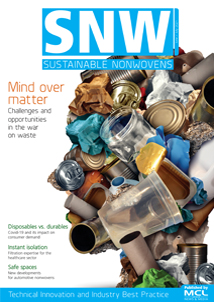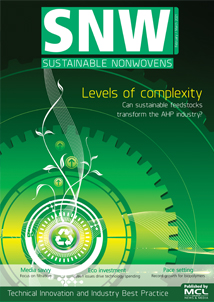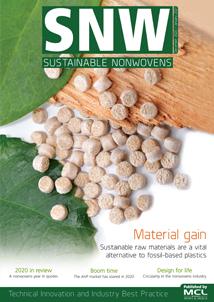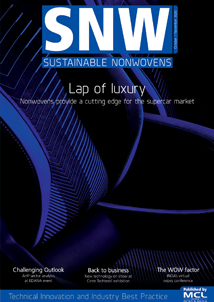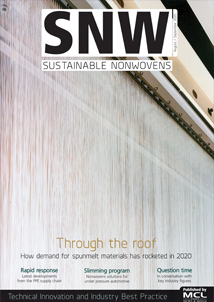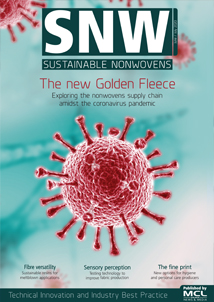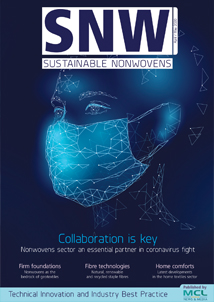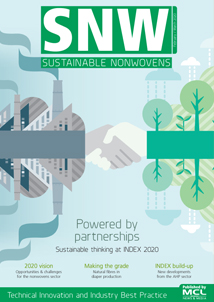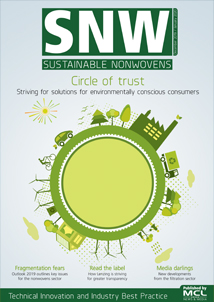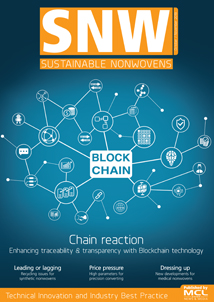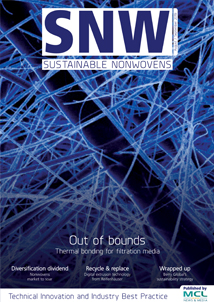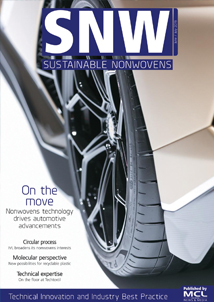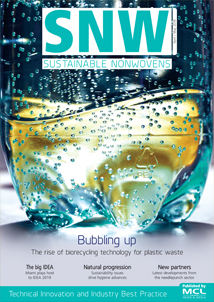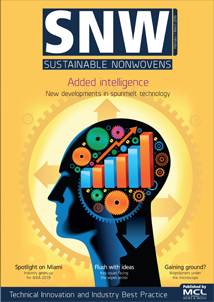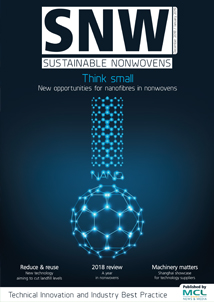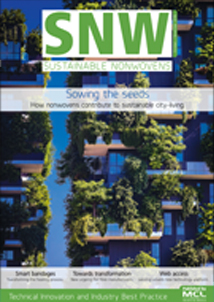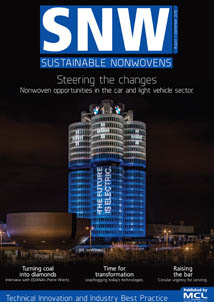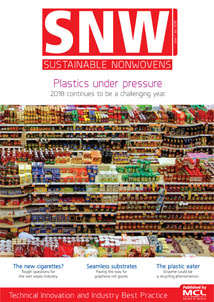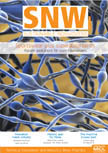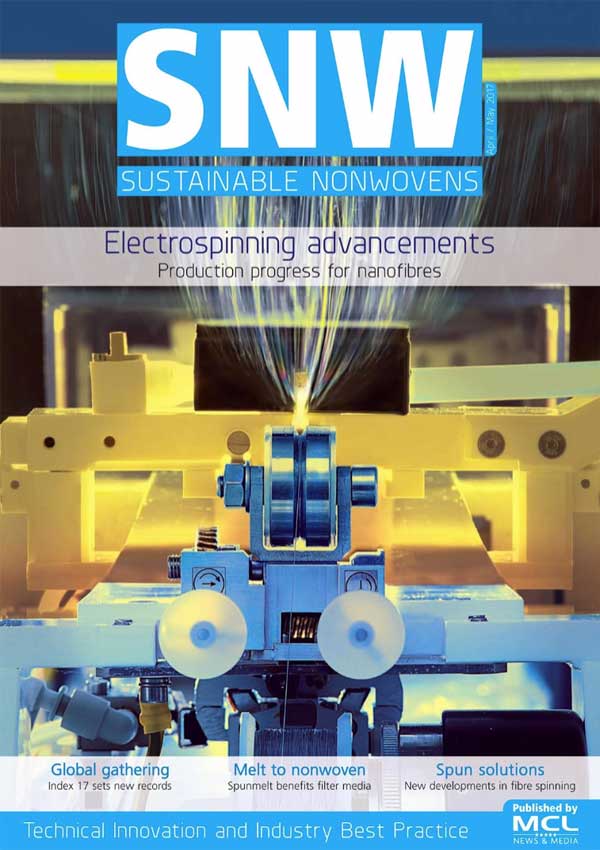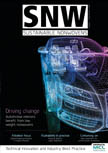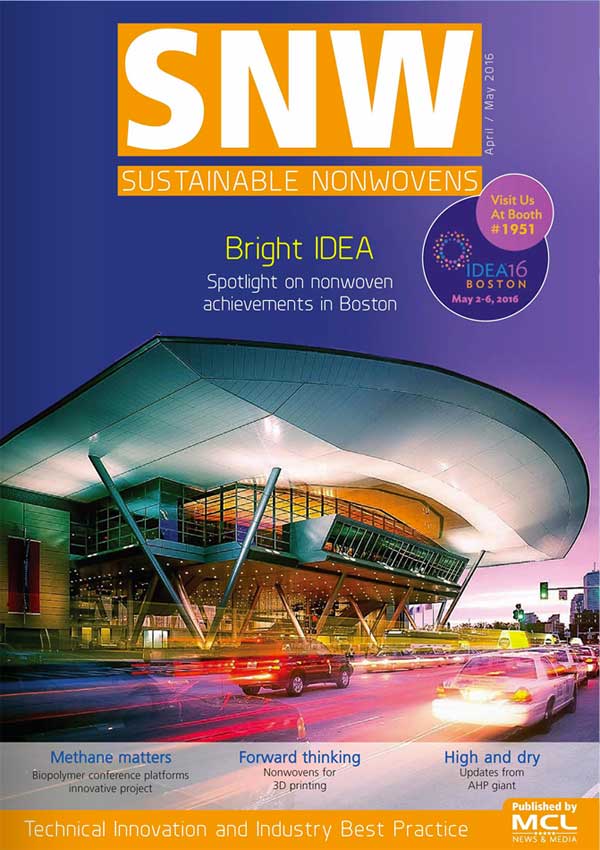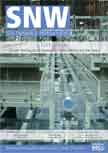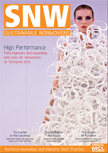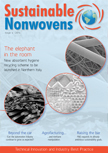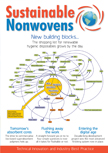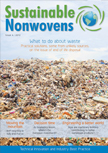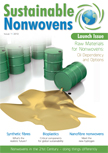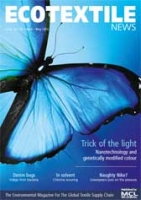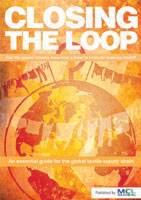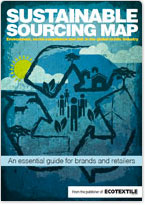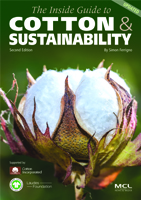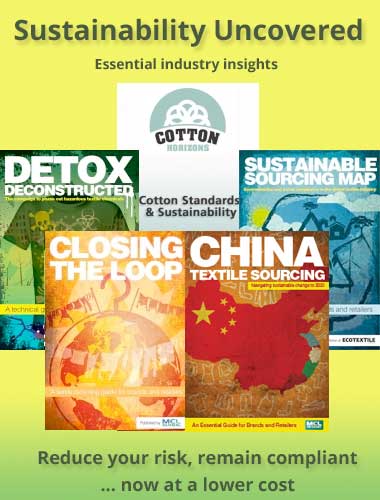AUSTIN – A new enzyme variant can break down PET polyester in just 24 hours.
The enzyme, created by engineers and scientists at the University of Texas at Austin, was able to complete a circular process of breaking down the PET into smaller parts (depolymerization) and then chemically putting it back together (repolymerization). It has the potential to supercharge recycling on a large scale that would allow major industries to reduce their environmental impact by recovering and reusing plastics at the molecular level.
Researchers at the Cockrell School of Engineering and College of Natural Sciences used a machine learning model to generate novel mutations to a natural enzyme called PETase that allows bacteria to degrade PET plastics. The model predicts which mutations in these enzymes would accomplish the goal of quickly depolymerizing post-consumer waste plastic at low temperatures.
Through this process, which included studying 51 different post-consumer plastic containers, five different polyester fibres and fabrics and water bottles all made from PET, the researchers proved the effectiveness of the enzyme, which they are calling FAST-PETase (functional, active, stable and tolerant PETase).
Mechanical recycling is the most obvious way to cut down on plastic waste. but globally, less than 10% of all plastic has been recycled. Alternative industrial recycling processes include very energy-intensive processes of glycolysis, pyrolysis, and/or methanolysis.
Biological solutions take much less energy. Research on enzymes for plastic recycling has advanced during the past 15 years but until now, no one had been able to figure out how to make enzymes that could operate efficiently at low temperatures to make them both portable and affordable at large industrial scale. FAST-PETase can perform the process at less than 50°C.
“The possibilities to leverage this leading-edge recycling process are endless across industries,” said Professor Hal Alper of the McKetta Department of Chemical Engineering at UT Austin. “Beyond the obvious waste management industry, it also provides corporations from every sector with the opportunity to take a lead in recycling their products. Through these more sustainable enzyme approaches, we can begin to envision a true circular plastics economy. When considering environmental cleanup applications, you need an enzyme that can work in the environment at ambient temperature. This requirement is where our tech has a huge advantage for the future.”
The team now plans to work on scaling up enzyme production to prepare for industrial and environmental application. The researchers have filed a patent application for the technology and are exploring several different uses. Cleaning up landfills and greening high waste-producing industries are the most obvious. But another key potential use is environmental remediation. The team is looking at a number of ways to get the enzymes out into the field to clean up polluted sites.
The research team published their research in Nature.
